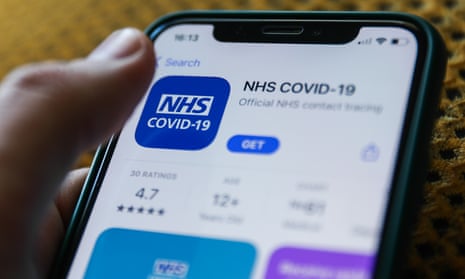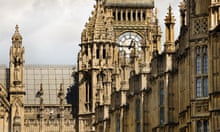The UK’s cybersecurity agency has taken down more scams in the last year than in the previous three years combined, with coronavirus and NHS-themed cybercrime fuelling the increase.
Experts oversaw a 15-fold rise in the removal of online campaigns compared with 2019, according to the National Cyber Security Centre (NCSC).
There was a jump in the number of phishing attacks using NHS branding to dupe victims, with the Covid-19 vaccine rollout used as a lure via email and text message to harvest people’s personal information for fraud.
Forty-three fake NHS Covid-19 apps hosted outside of official app stores were also pulled.
“The big increase in Covid-19-related scams, fake vaccine shops, fake PPE shops, show – to me anyway – that criminals have no bounds on what they will abuse and the fear that they engender to try and harm and defraud people,” Dr Ian Levy, the technical director of the NCSC told reporters.
However, HM Revenue & Customs (HMRC) remains the most copied brand used by fraudsters, totalling more than 4,000 campaigns, followed by the government’s gov.uk website, and TV Licensing.
Overall more than 700,500 campaigns were taken down, accounting for 1,448,214 URLs, the NCSC’s fourth active cyber defence report revealed.
Another problem highlighted were endorsement scams, which falsely claim to be supported by celebrities such as Sir Richard Branson and Martin Lewis, as well as using UK newspaper branding.
“They’re really convincing things, they’re really well created, so it’s not surprising people fall for them,” Levy said.
The report comes before the start of the two-day CyberUK event on Tuesday, with experts among the NCSC due to speak, as well as the home secretary, Priti Patel, the foreign secretary, Dominic Raab, and the director of the GCHQ, Jeremy Fleming.
Lindy Cameron, the chief executive of the NCSC, said: “Whether it has been protecting vital research into the vaccine or helping people work from home securely, the NCSC has worked with partners to protect the digital homeland during this unprecedented period.
“I look forward to hearing from thought-leaders at CyberUK as we reflect on this period and look ahead to building a resilient and prosperous digital UK after the pandemic.”










